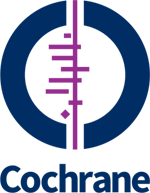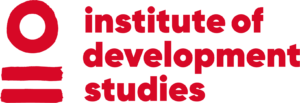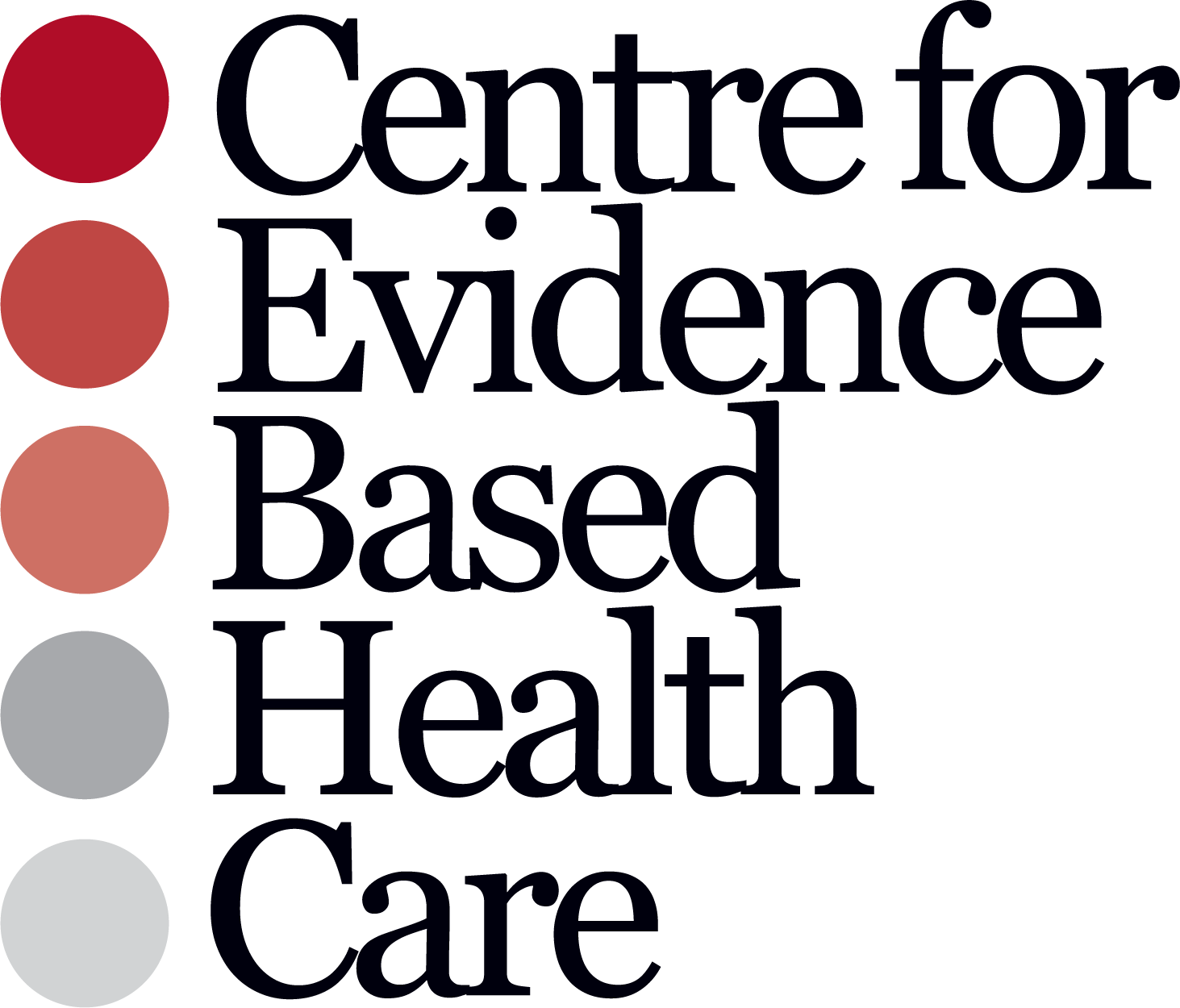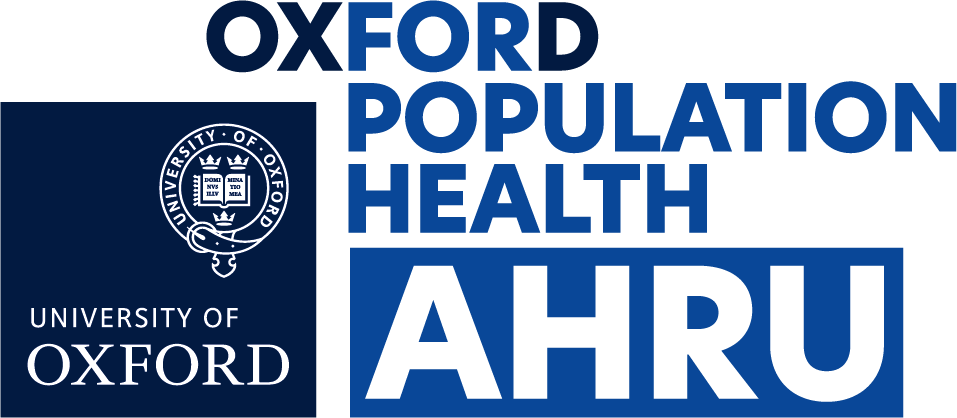WORLD EVIDENCE-BASED
HEALTHCARE DAY
#WorldEBHCDay
2025 CAMPAIGN: COLLABORATIVE KNOWLEDGE COMMUNICATION
The science of knowledge communication is evolving, with insights from storytelling, digital media, open science, and knowledge translation transforming how knowledge can—and must—be shared to inform decision-making.
Knowledge is more than the accumulation of facts or the results from research through observation, experimentation, and testing theories and laws. It is a dynamic, contextual, and actionable form of understanding our world that develops as we make sense of, integrate, and use facts and information in everyday life.
In evidence-based healthcare, knowledge should not come only from scientific evidence (such as findings from clinical trials, observational studies, and systematic reviews). It also needs to come from community values and preferences, clinical expertise, policy judgement, contextual understanding, evaluation of existing approaches, and experiences. Knowledge is shaped by the interactions among people, systems, and settings, and it is applied to inform decision-making, enhance practice, and improve health outcomes.
There are different forms of knowledge, or ways of knowing:
- Explicit knowledge is documented, for example in guidelines or clinical protocols).
- Implicit knowledge is gained through experience and often difficult to explain.
- Tacit knowledge is deeply personal, intuitive knowledge gained through lived experience.
- Indigenous knowledge encompasses various ways of knowing, including place-based, spiritual, cultural and social.
Evidence, values, and experience each represent different yet equally valid ways of knowing.
Collaborative knowledge communication involves the exchange of information, ideas, and expertise in creative and collaborative ways to facilitate decision-making, problem-solving, and innovation based on shared knowledge. It spans a wide array of approaches, from infographics, videos and podcasts, to theatre, games, storytelling and drawing.
Critically, it is about who gets to speak and who is heard. Inclusive, participatory communication—especially involving marginalised voices, Indigenous knowledge systems, and community co-production—is essential for equitable healthcare and addressing structural barriers in global health.
This year, World EBHC Day invites researchers, clinicians, communicators, communities, media, influencers and decision-makers to reflect, share, and act on the role of collaborative knowledge communication in evidence-based healthcare. Share with us your experiences, your innovations, challenges, lessons learned and your insights on the human, cultural, technological and political dynamics that shape how knowledge travels, and transforms lives. You can take action by hosting an event, submitting a short video or blog or by submitting a photo of your artwork or graphic design around collaborative knowledge communication for the photo gallery.
BLOGS
VLOGS
EVENTS
WORLD EBHC DAY PHOTO GALLERY
Celebrating World EBHC Day! Show us how you celebrate World EBHC Day!
Whether you host an event or participate in one, share your photos with the world!





